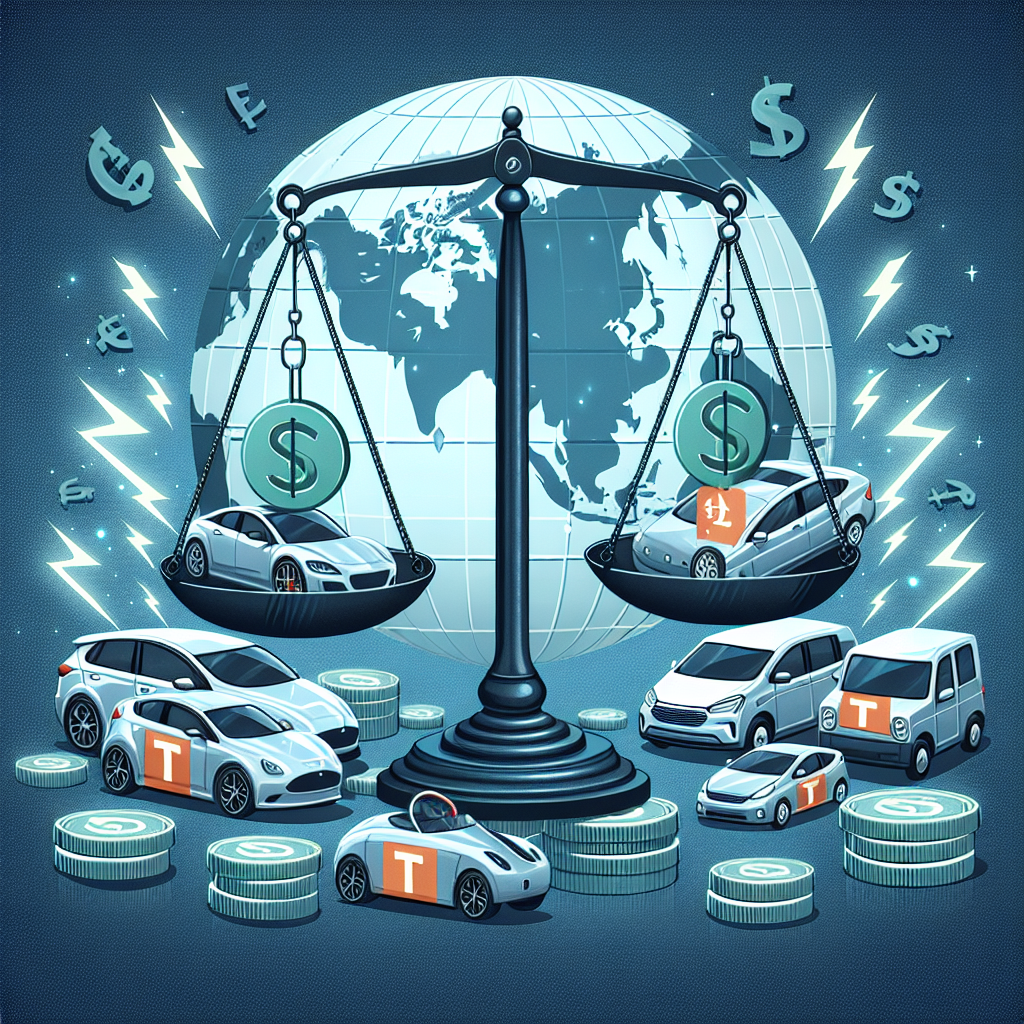EU's Bold Tariff Move: Escalating Trade Tensions with China over EVs
The European Union has imposed tariffs up to 45.3% on Chinese-built electric vehicles, escalating trade tensions with China. The measures, aimed at countering perceived unfair subsidies, have drawn criticism from Beijing and stirred division within the EU. Negotiations continue, but economic impacts are anticipated.

The European Union has stirred global trade waters by announcing tariffs as high as 45.3% on Chinese-built electric vehicles, marking the end of a divisive investigation. This decision, sparking retaliatory actions from Beijing, aims to combat what the EU describes as unfair Chinese subsidies.
Following a year-long anti-subsidy probe, the European Commission detailed tariffs ranging from 7.8% for Tesla to 35.3% for China's SAIC, supplementing the EU's standard 10% car import duty. Official approval and publication in the EU's Official Journal set these tariffs to take effect imminently, reflecting deepening skepticism towards China amidst increasing competition.
Despite China's pushback, branding the move as protectionist and damaging, the EU remains firm. The Commission claims these tariffs are crucial due to China's expansive EV manufacturing capacity, largely targeting the EU market. European automakers face rising competition, with Chinese brands' EU market share rising significantly. Yet, European countries, particularly automaking giant Germany, remain divided on the strategy.
(With inputs from agencies.)










